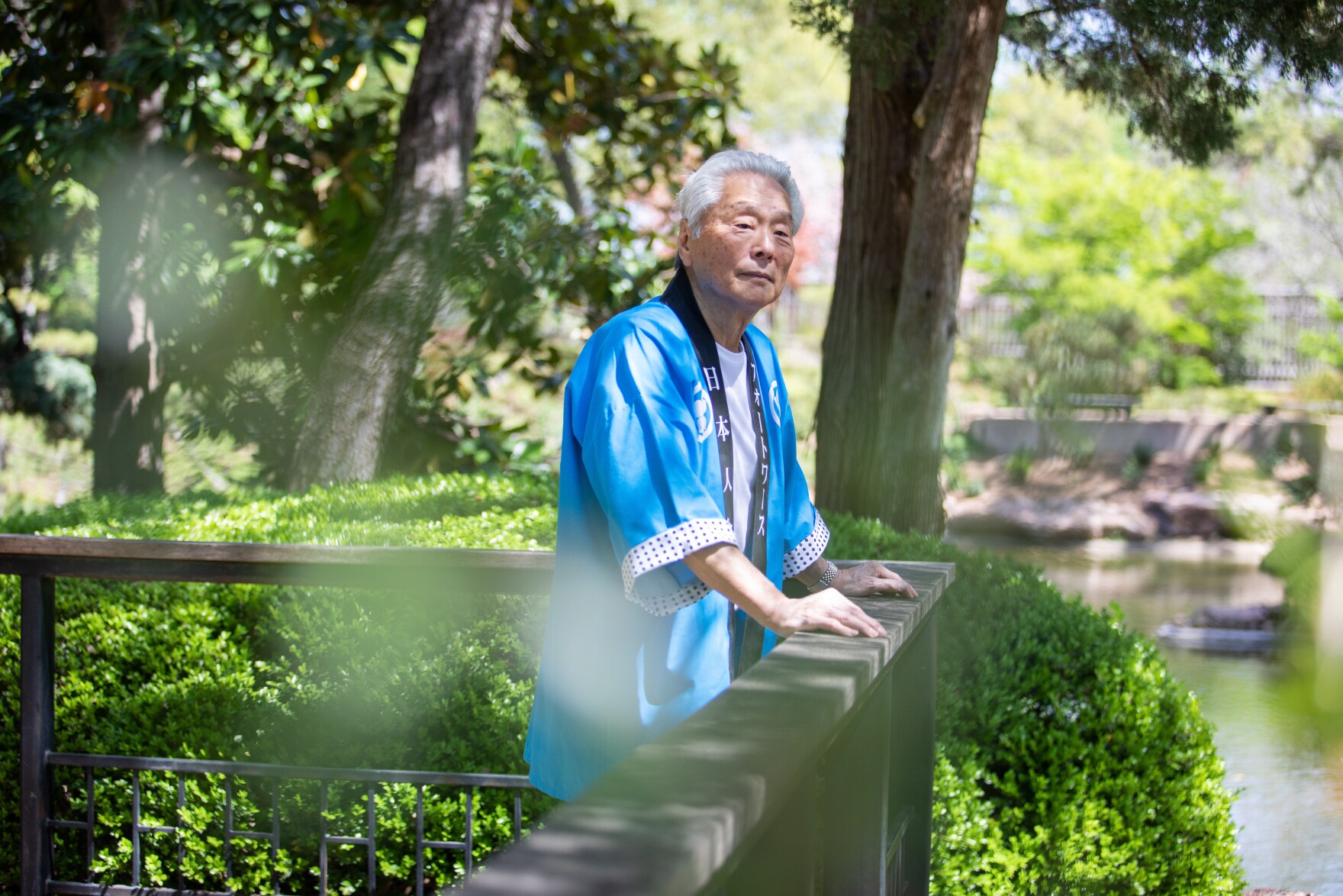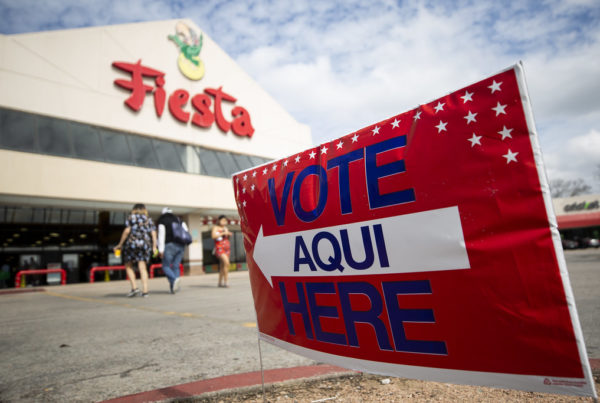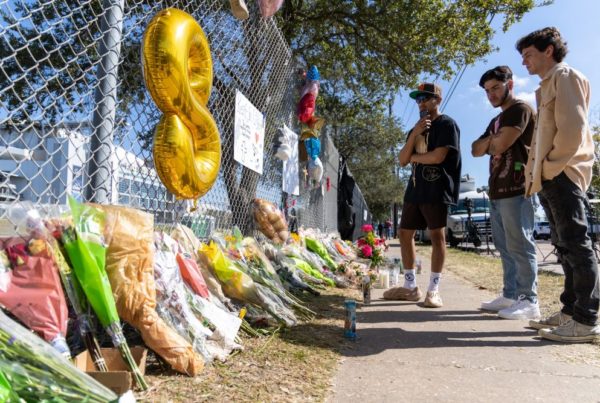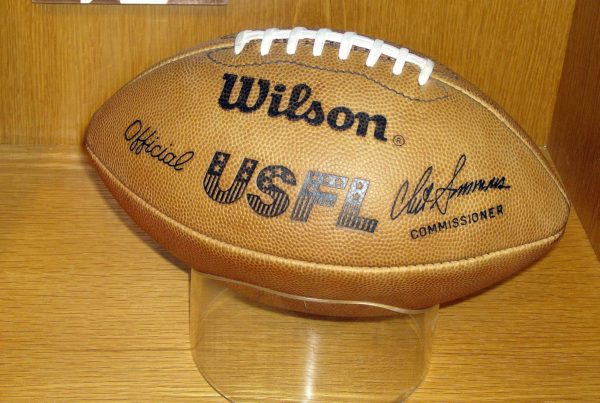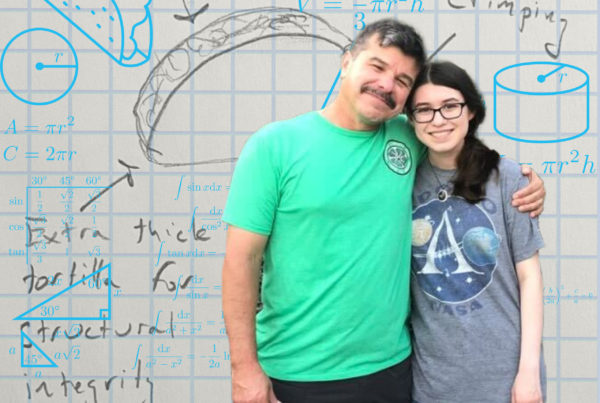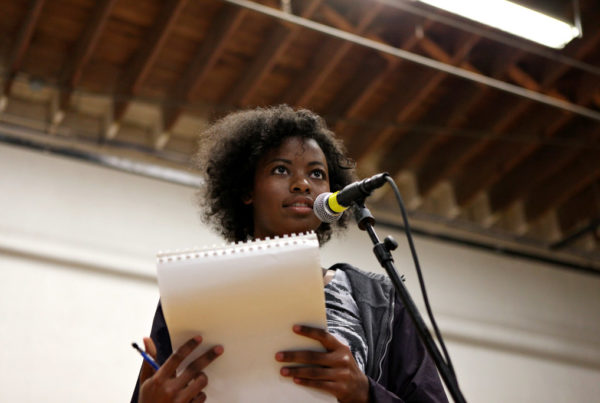Harvey Yamagata has spent more than 15 years as president of the Fort Worth Japanese Society, and even more time as a volunteer at the organization’s events.
But Yamagata can recall a time when he wasn’t particularly interested in volunteering his time toward the group. His parents, who co-founded the organization in 1985, asked him to help out with the Japanese festivals held at the Fort Worth Botanic Garden each spring and fall.
“In many Japanese families, like many other ethnic groups, you respect your elders,” Yamagata, a retired business executive, said. “I listened to my parents, and so they made me do certain things. In the long run, it’s been very helpful for me, and so they were right. Not that I was wrong, but when you’re young, you’ve got other things you want to do.”
Taiko drumming groups, karate experts, bonsai tree enthusiasts, jewelry vendors and food trucks will fill the space in and around the Japanese Garden, which celebrates its 50th anniversary next year. The 7.5-acre garden was designed on top of a reclaimed gravel pit that once served as a trash dump for the U.S. Army during World War II.
“It’s countless times I hear people who have never come to the garden, except during the festival, say: ‘Gee, I’ve never realized how beautiful the Japanese gardens are here,’” Yamagata said. “It’s great to see all this activity. But sometimes you should come here … when it’s very quiet and you can actually think and contemplate.”
Botanic garden officials have invested time and money into “improving the authenticity” of the garden, said John Powell, a Japanese garden builder who restored a teahouse structure sitting at the edge of a pond. Nick Estus, the horticultural manager of the Japanese Garden, calls it an “emerald for the city,” providing green space in the heart of the Cultural District.
“We’re trying to evoke natural imagery and scenery,” Estus said. “I grew up in a rural setting, and a big part of it is we’re trying to tap into people’s subconscious with these gardens, and you know, bring back these thoughts and images from childhood. That’s sort of what it did for me.”
Fort Worth’s proposed 2022 bond, which will come up for a vote in the May 7 election, includes funding to improve the garden’s water features and stonework, said Bob Byers, executive vice president of the Fort Worth Botanic Gardens.
The popularity of the Japanese festivals fits into the garden’s larger strategy of growing and diversifying its audience. Byers pointed to upcoming events honoring Hispanic heritage and African art.
“We’re working really hard to represent and recognize, in the garden, all the different cultural traditions that you have here in Fort Worth, which we think is very important,” he said.
Changes in the Fort Worth Japanese Society’s membership also reflect the city’s shifting demographics. Back in the 1980s, nearly all of the society’s members were people of Japanese descent, Yamagata said.
Some were Japanese-Americans brought to the city by business interests, like the Yamagatas. Others married American service members and sought a community that could help them adjust to life in the United States, Yamagata said.
“They were seeking friendship where they could let their hair down and speak in Japanese,” he said. “These people, unfortunately, are slowly passing away, and so our task, like so many groups like ours, is to try to get new members.”
Today, about one-third of the society’s 300 members are people of Japanese origin while the remaining two-thirds are people interested in Japanese culture, including fans of anime, Yamagata said.
Through its weekly language classes and monthly luncheons, the society seeks to promote understanding of Japanese traditions and the rich history of Japanese-Americans, he added. The group also supports the exchange of visitors and students from Fort Worth’s sister city of Nagaoka, Japan.
Through the years of work dedicated to the society, Yamagata also found purpose in teaching his children, who are half-Japanese and half-white, to be comfortable in their own skin.
“I think that being sure that my children are aware of what the Japanese represent and to be proud of it helps to build their own self-esteem so they can be successful in their own lives,” Yamagata said. “What the Japanese Society does is to promote that kind of understanding. That really creates a better community for all people.”
Disclosure: Architect Albert Komatsu, who was involved in designing Fort Worth’s Japanese Garden, is the father of Sylvia Komatsu, the chief content and diversity officer for KERA and KXT.
Got a tip? Email Haley Samsel at Haley.Samsel@fortworthreort.org. You can follow Haley on Twitter @Haley_Samsel.
Email Miranda Suarez at msuarez@kera.org. You can follow Miranda on Twitter @MirandaRSuarez.


